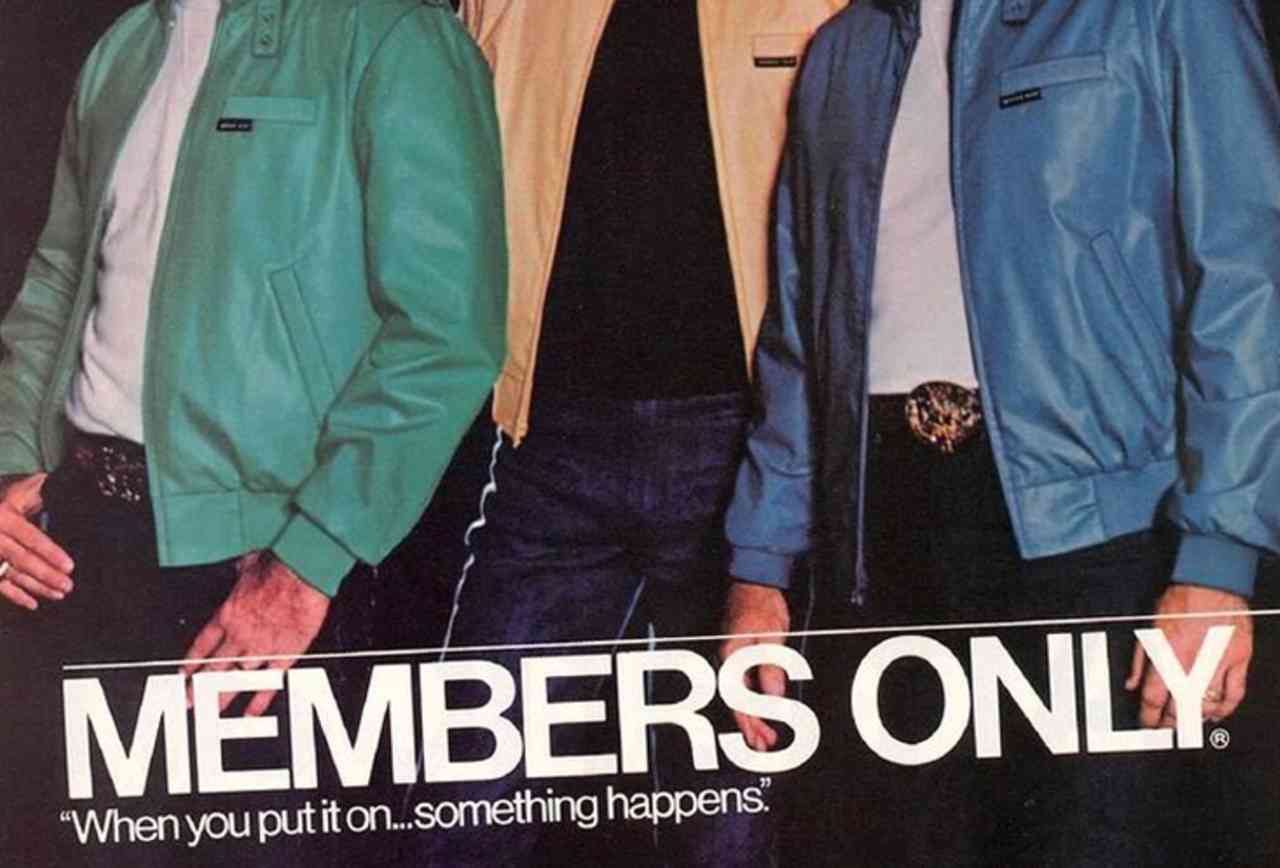Pocket listings: privacy at a cost
/ So says the Wall Street Journal, and so says my own experience. This article provides an excellent discussion of the pros and cons, and a home owner could easily decide either way. The real question, to me, is which you value more: privacy or money? Nothing wrong with either answer but, as a general rule; not always, you can't have both.
So says the Wall Street Journal, and so says my own experience. This article provides an excellent discussion of the pros and cons, and a home owner could easily decide either way. The real question, to me, is which you value more: privacy or money? Nothing wrong with either answer but, as a general rule; not always, you can't have both.
When movie stars, sports figures or media moguls sell luxury properties, they’re often able to maintain an air of secrecy. That’s because some high-end properties never hit the open market or have any formal advertising support behind them.
But these pocket listings—also known as whisper listings or off-market listings—actually aren’t exclusive to celebrities and are a relatively common way that people conduct business.
“We have pocket listings at all different price points,” said Zach Goldsmith, the estates director at Los Angeles brokerage Hilton & Hyland.
While sales agents agreed that between 10% to 30% of all their deals are made on pocket listings [judging from reported sales here, I'd say the number is much lower in Greenwich - Ed] , most wish that number wasn’t so high. That’s because, as Matt Lesser, a partner at Leslie J. Garfield & Co., a Manhattan-based real estate firm that specializes in Manhattan townhouses, said: “After more than a decade in this business, I’ve found that marketing a property gives owners the most reach, generates the most offers and typically leads to the highest bid.”
Mr. Goldsmith agreed. “If I have a pocket listing, I try to push the seller to get it on the market,” he said. “The more exposure you can get, the better off you are.”
The decision to sell a property off-market is often driven by the mandate of a secrecy-seeking seller, whom generally fall into one of a few camps, Mr. Lesser said.
The first group is looking for privacy above all else for either personal or professional reasons. Sometimes that’s because they’re a celebrity. More often it’s because they’re just incredibly wealthy, or even if they’re not, because they just don’t want to expose their home—and how much they’re selling it for—to the masses, including their friends and neighbors.
The second group is generally made up of sellers who are testing the market, but aren’t committed to making a sale, Mr. Lesser said. Mr. Goldsmith noted that this scenario—when a seller is generally realistic about what their home is worth, but wants to see if they can get a little bit more for it—is what he sees in off-market listings most often.
Regardless of the seller, there are also certain types of properties that lend themselves to this type of sale. The first type is what Nicholas Shaw, the sales manager in London-based Harrods Estates’ Kensington office, calls “best in class” properties, like a house that comes up for sale on the most in-demand road for the first time in 20 years.
“To put it on the Internet or put out advertising straight away, spoils the exclusivity a bit,” he said. The same is true for the an ultra-expensive, $100-million-pound property, whose “buyer is never going to find it online.”
Buyers, too, might be drawn to pocket listings, which they can generally find after establishing a relationship with an in-the-know broker, for a number of reasons. Some desire the cache of purchasing a luxury property before anyone else has the chance to see it, while others pursue off-market listings when they’re in a time crunch and don’t want to go through a traditional search, Mr. Lesser said. These buyers often call up an agent that they’ve worked with in the past, describe exactly what they’re looking for and their budget, and see if there’s anyone they know of who might be willing to part with their property in a quick timeframe, he said.In all of these scenarios, when there’s an off-market transaction, both buyers and sellers have less power to negotiate, experts say. That means that buyers could pay more for the property than anyone else would be willing to, and that sellers might leave money on the table. “If you don’t go on the open market, you simply don’t know what the property’s worth,” Mr. Lesser said.
